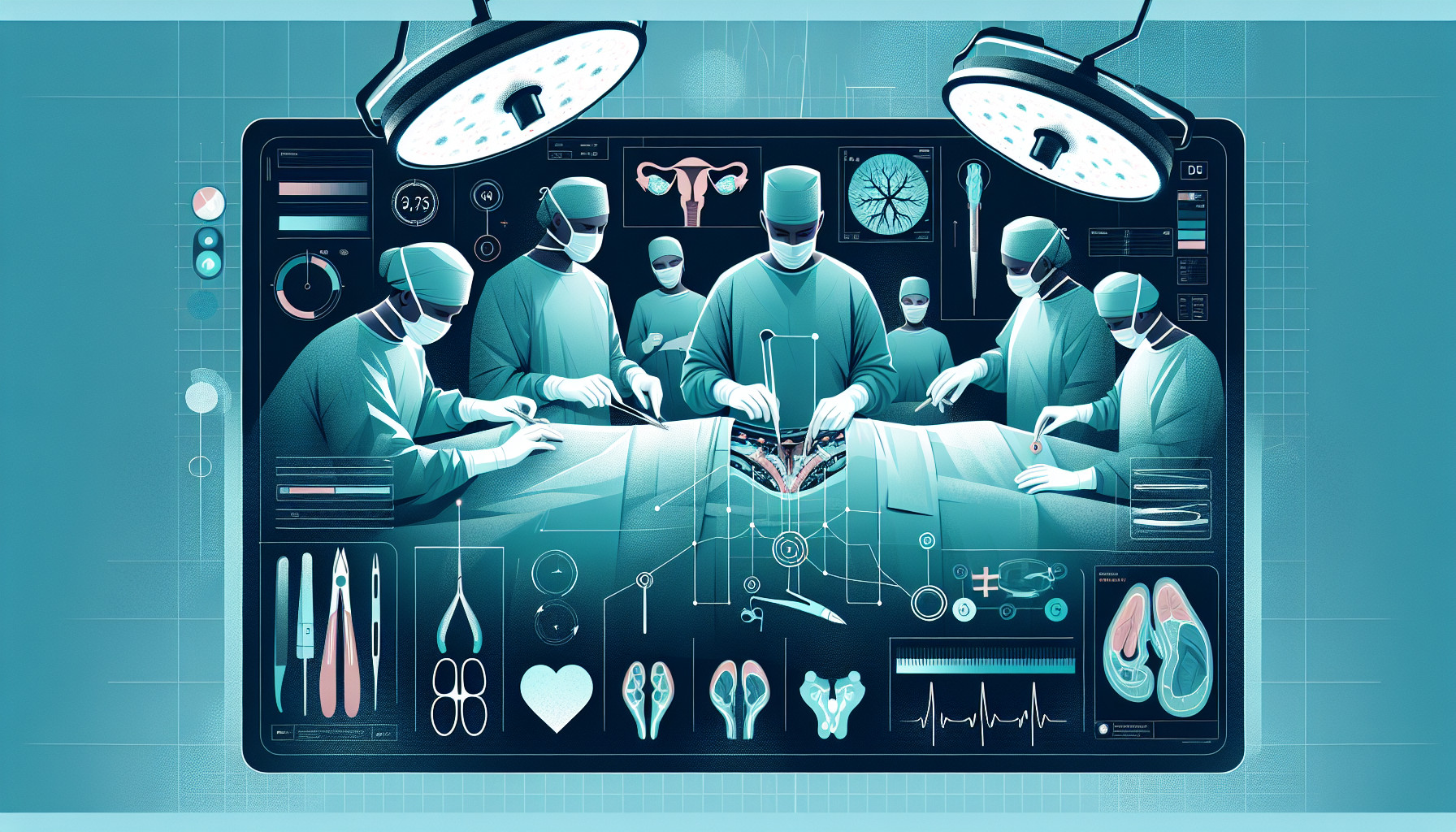Our Summary
This study looked at complications arising from testicular implants in transgender men and if they were linked to certain patient or surgery factors. They reviewed past cases and found that 12% of the 116 implants had to be removed due to complications. The most common issue was the prosthesis eroding, followed by the implant moving from its original position, and some patients experienced enough pain to necessitate removal. However, they found no significant link between these complications and factors such as body mass index (BMI), smoking status, or the size of the implant. The study concludes that while complications are not uncommon, the size of the implant does not seem to increase the chances of complications requiring removal.
FAQs
- What were the most common complications found in the study of testicular implants in transgender men?
- Was there any correlation found between complications of testicular implants and factors such as BMI, smoking status, or implant size?
- What percentage of the testicular implants had to be removed due to complications according to the study?
Doctor’s Tip
A doctor might tell a patient undergoing testicular surgery to follow post-operative care instructions carefully to reduce the risk of complications. This may include avoiding strenuous activities, keeping the surgical area clean and dry, and taking prescribed medications as directed. It is also important for the patient to attend follow-up appointments to monitor healing and address any concerns promptly.
Suitable For
Patients who are typically recommended testicular surgery include those with conditions such as testicular cancer, testicular torsion, hydrocele, varicocele, and undescended testicles. Testicular surgery may also be recommended for transgender men seeking gender-affirming surgery to create a more masculine appearance.
Timeline
Before testicular surgery:
- Patient consults with a healthcare provider to discuss the surgery and its potential risks and benefits
- Patient undergoes pre-operative tests and evaluations to ensure they are healthy enough for surgery
- Patient may need to stop certain medications or make lifestyle changes leading up to the surgery
- Patient receives pre-operative instructions on fasting, medication management, and recovery expectations
After testicular surgery:
- Patient wakes up in the recovery room and is monitored closely for any immediate complications
- Patient may experience pain, swelling, and discomfort in the surgical area
- Patient is given post-operative instructions on wound care, pain management, and activity restrictions
- Patient may need to follow up with their healthcare provider for suture removal, wound checks, and overall recovery progress
- Patient may need to make adjustments to their daily routine and activities to accommodate for the healing process
- Patient may experience long-term complications such as implant erosion or movement, which may require removal of the implant
- Patient continues to follow up with their healthcare provider for long-term monitoring and management of any complications or concerns.
What to Ask Your Doctor
- What are the potential risks and complications associated with testicular surgery?
- How common are complications like prosthesis erosion and implant movement?
- What factors may increase the likelihood of complications following testicular surgery?
- How can I minimize the risk of complications and promote successful healing after surgery?
- What is the expected recovery time and post-operative care for testicular surgery?
- Are there any long-term effects or considerations I should be aware of after receiving a testicular implant?
- What should I do if I experience severe pain or discomfort following the surgery?
- Are there any specific activities or lifestyle changes I should avoid during the recovery period?
- What is the success rate of testicular implants in transgender men, and how does it compare to other types of surgeries?
- Are there any alternative treatment options or procedures that may be more suitable for my individual case?
Reference
Authors: Ho P, Schmidt-Beuchat E, Sljivich M, Djordjevic M, Nyein E, Purohit RS. Journal: Int Braz J Urol. 2025 Mar-Apr;51(2):e20240427. doi: 10.1590/S1677-5538.IBJU.2024.0427. PMID: 39913093
